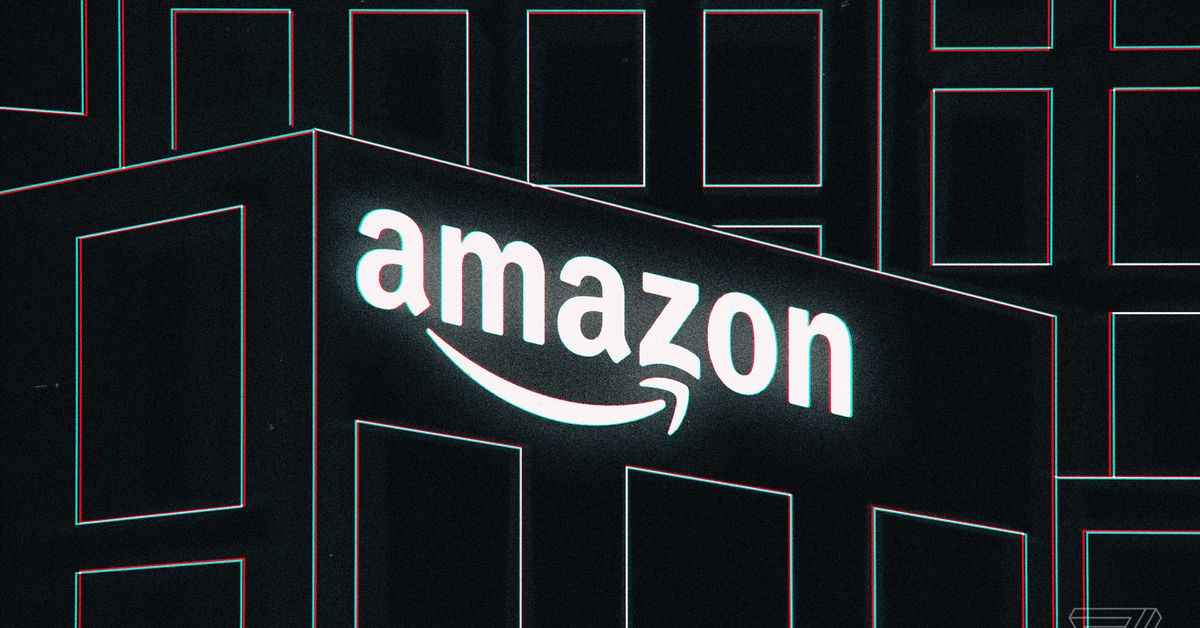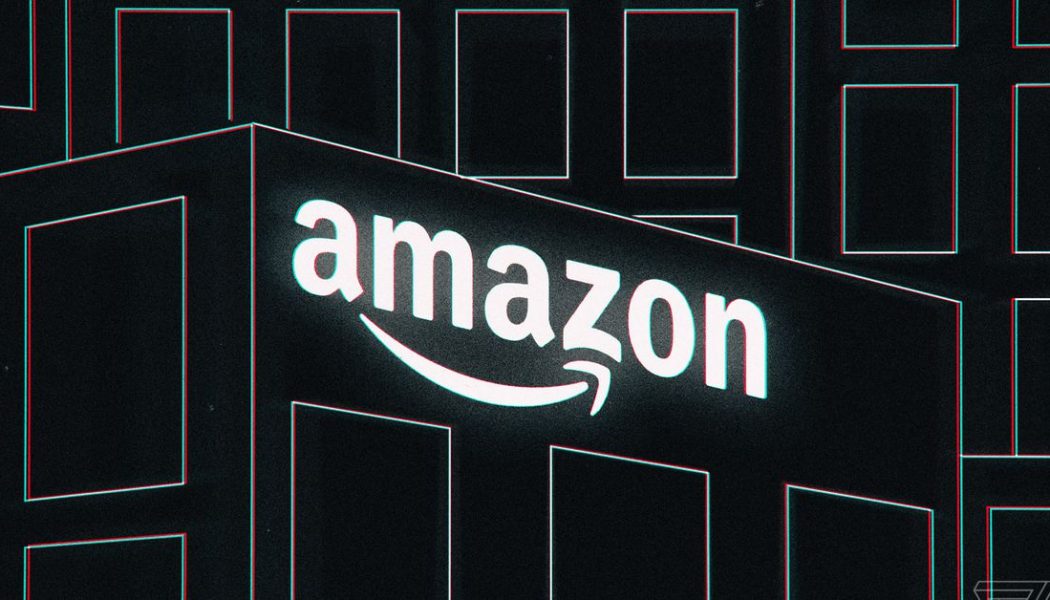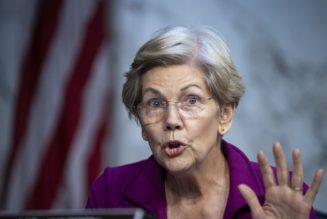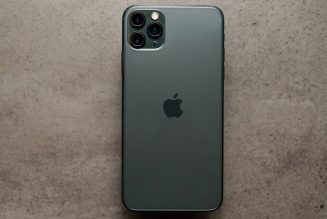
Amazon is withholding ebook and audiobook versions of works it publishes through its in-house publishing arms from US libraries, according to a new report from The Washington Post. In fact, Amazon is the only major publisher that’s doing this, the report states. It’s doing so because the company thinks the terms involved with selling digital versions of books to libraries, which in turn make them available to local residents for free through ebook lending platforms like Libby, are unfavorable.
“It’s not clear to us that current digital library lending models fairly balance the interests of authors and library patrons,” Mikyla Bruder, the global marketing chief at Amazon Publishing, told The Washington Post’s Geoffrey Fowler in an emailed statement. “We see this as an opportunity to invent a new approach to help expand readership and serve library patrons, while at the same time safeguarding author interests, including income and royalties.”
At the heart of the issue is a debate over whether libraries, which often pay far higher than retail price for physical and ebook copies of books, ultimately harm publisher sales by letting people check out copies for free. In the age of mobile apps and widespread Kindle usage, borrowing an ebook is now easier than ever — you need a library card and the Libby app, and you can then place holds and eventually check out ebooks that can be sent directly to your Kindle e-reader or app to access for a limited time.
Yet publishers, not authors, decide the fate of a book’s various distribution deals, and Amazon apparently does not want libraries lending its ebooks, at least not under whatever terms have been discussed. That means many of the authors the company has signed onto its publishing imprints — like Mindy Kaling, Trevor Noah, Andy Weir, and Michael Pollan — are available to read only if you pay the full retail price. That’s true when those same authors have expressed support for libraries and free book lending, as Pollan has to The Post.
Amazon is reportedly negotiating with a nonprofit, the Digital Public Library of America, to coordinate the selling of its ebooks to libraries, but The Post notes that the deal would not include any self-published works or Audible audiobooks. And making matters worse, Amazon is allegedly not negotiating — and hasn’t for years — a serious deal with OverDrive, the maker of the Libby app that’s used by many libraries around the country.
Instead, OverDrive CEO Steve Potash tells The Post the company and Amazon have an “ongoing dialogue” in which OverDerive has communicated its “willingness to innovate in an effort to support their business strategy.” Amazon did not immediately respond to a request for comment.
As Fowler notes in his report, six of the top 10 ebooks sold on Amazon, the dominant ebook platform in the US, were published by Amazon, making them ineligible for library loans because Amazon won’t sell them. Amazon does sell physical copies of books it publishes to libraries (when it’s not running ebook-exclusive promotions), Fowler notes, but the coronavirus pandemic has made Libby and ebook lending a vital source for those interested in borrowing books from the safety of their home.
“The eBook titles from Amazon Publishing are not available to libraries for lending at any price or any terms. By contrast, consumers may purchase all of these titles directly from Amazon,” argued the nonprofit American Library Association in October 2019 as part of a congressional testimony detailing the dangers of publishers’ tightening grip on library access. “This is a particularly pernicious new form of the digital divide; the Amazon Publishing books are available only to people who can afford to buy them, without the library alternative previously available to generations of Americans.”
Amazon’s longstanding decision to prevent libraries from lending its ebooks underscores the company’s immense influence in the world of bookselling and publishing. The company became the dominant online seller of books in the US many years ago, and it cemented that dominance with the Kindle line of e-readers and eventually a robust multifaceted publishing platform for both professional writers and self-publishing authors that includes numerous imprints under the larger Amazon Publishing umbrella.
Amazon’s power in the bookselling and publishing worlds has created a contentious relationship between the company and authors, traditional publishers, and various other links in the publishing chain, most notably when Amazon engaged in a high-profile and often bitter licensing negotiation with major book publisher Hachette.
Many of these disputes can be drawn back to arguments over the digital distribution of ebooks — specifically the thorny mess surrounding ebook pricing, royalties, and secondary distribution like lending and reselling or sharing. Perhaps you remember the landmark 2010 antitrust case against Apple and its book publisher partners over price fixing. It led to a stunning victory for Amazon and sanctioned its strategy of pricing ebooks lower than hardcover and paperbacks, against the wishes of the publishers that felt they had no choice but to sell on the dominant US e-commerce platform.
In this case, Amazon is again setting its own terms and using its dominance as a major US bookseller and publisher to break from industry norms. But instead of lowering prices for customers, which arguably won Amazon public favor in its antitrust fight against Apple and the major book publishers a decade ago, the company is withholding books from libraries. These are often underfunded public institutions geared toward providing access to knowledge and resources to children, the poor, and homeless individuals. But for Amazon, there is apparently a better deal to be had, leaving library users in the lurch.










